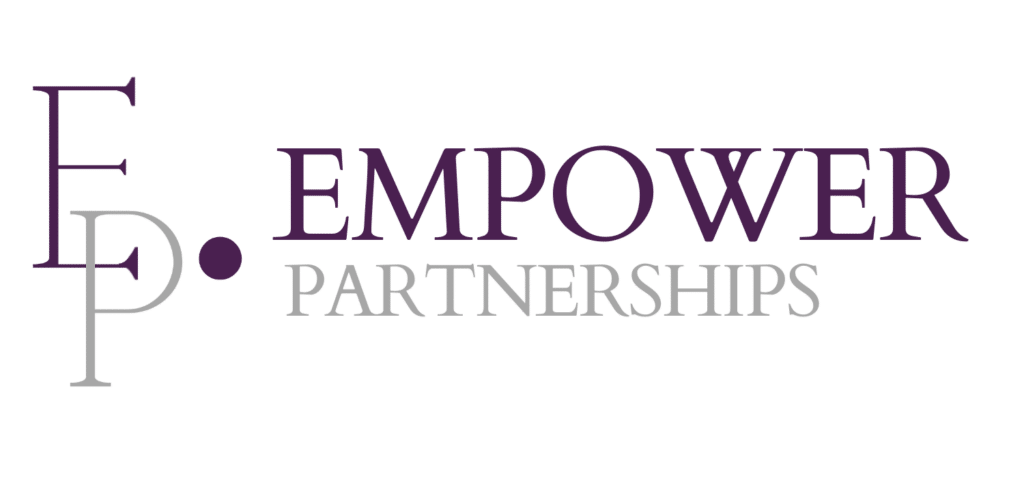Today, people approach job searches with a new set of priorities. They want to find purpose, align with a company’s mission, and thrive in a culture that supports growth and well-being. With 84% of people saying they want meaningful work from their employer, companies need to offer more than just a pretty paycheck. They need to clearly communicate how their values and culture set them apart.
In this blog, we’ll dive into how building an employer brand can be your secret weapon in not just attracting but also keeping the best talent around.
What Is Employer Branding?
Employer branding is essentially your company’s reputation as an employer, encompassing everything from its mission and work environment to the benefits and growth opportunities it offers. It goes beyond simply distinguishing a company from its competitors; it connects deeply with potential candidates’ personal values and career goals. More than a slick logo or snappy tagline, employer branding is about crafting and showcasing a culture that makes people say, “I want to work here.”
Impact on Talent and Retention
92% of employees would consider switching jobs with a company that has an excellent reputation, even if there’s no salary increase. Why? Now more than ever, individuals are looking for a fulfilling career within an organization whose values mirror their own. And a well-articulated employer brand doesn’t just attract talent; it can result in a 28% reduction in turnover. It makes people want to stick around, as employees are more likely to stay with a company they feel proud to be a part of.
Developing an Employer Brand
The value of a positive employer brand is clear, but how do you create one? Here are some top employer branding strategies to attract and retain the right people.
Define your employee value proposition: Clearly articulate what makes your company unique as an employer. This includes culture, values, and growth opportunities, among other company benefits.
Be authentic: Perhaps now more than ever, people crave authenticity, so ensure that your brand accurately reflects your company’s culture and values. The more genuine you are in your branding, the more likely you’ll attract candidates who fit for your organization.
Employee advocacy: Encourage your employees to share their experiences and stories. Positive employee testimonials are powerful endorsements of your employer brand.
Engage on multiple channels: Communicate your brand to candidates through various platforms. For example, share photos and videos on social media, use blogs, or start a podcast to delve deeper into your company’s mission and culture.
Continuously measure and adapt: Regularly collect feedback from employees and job candidates on your branding efforts, and then use it to make adjustments.
Follow through on your promises: Ensure the reality of working at your company aligns with the expectations set by your brand. This consistency is key to retaining talent and solidifying your reputation as a desirable employer.
The Candidate’s Journey
A strong employer brand must reach beyond company walls to influence every stage of the candidate’s journey. From the initial impression, which might come from social media, word of mouth, or your website, your branding efforts set the tone for how potential candidates see your organization. As candidates explore deeper, highlight your unique company culture and growth opportunities through testimonials, videos, or career pages, letting them envision being part of your team.
Finally, a strong employer brand is evident in the recruitment process itself. The way candidates are treated, the transparency of the recruitment process, and the communication they receive all reflect your company brand. A positive candidate experience, even for those who aren’t ultimately hired, reinforces your brand’s value and can solidify your reputation among job seekers.
Start transforming your recruitment strategy today. Connect with us and learn how our talent acquisition and retention expertise can elevate your employer brand, attract top talent, and keep them engaged for the long haul.



